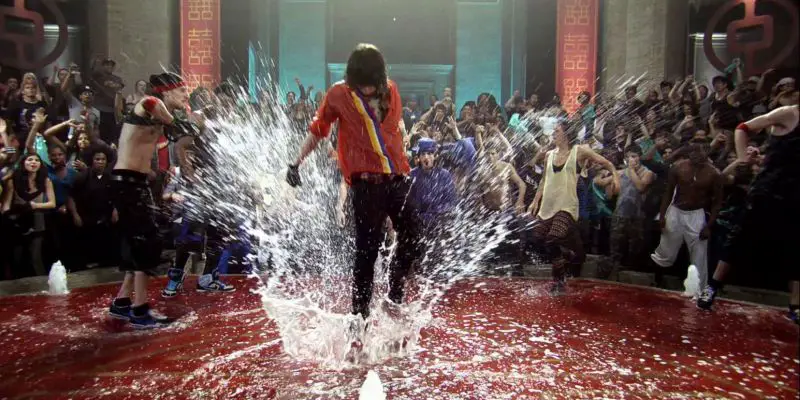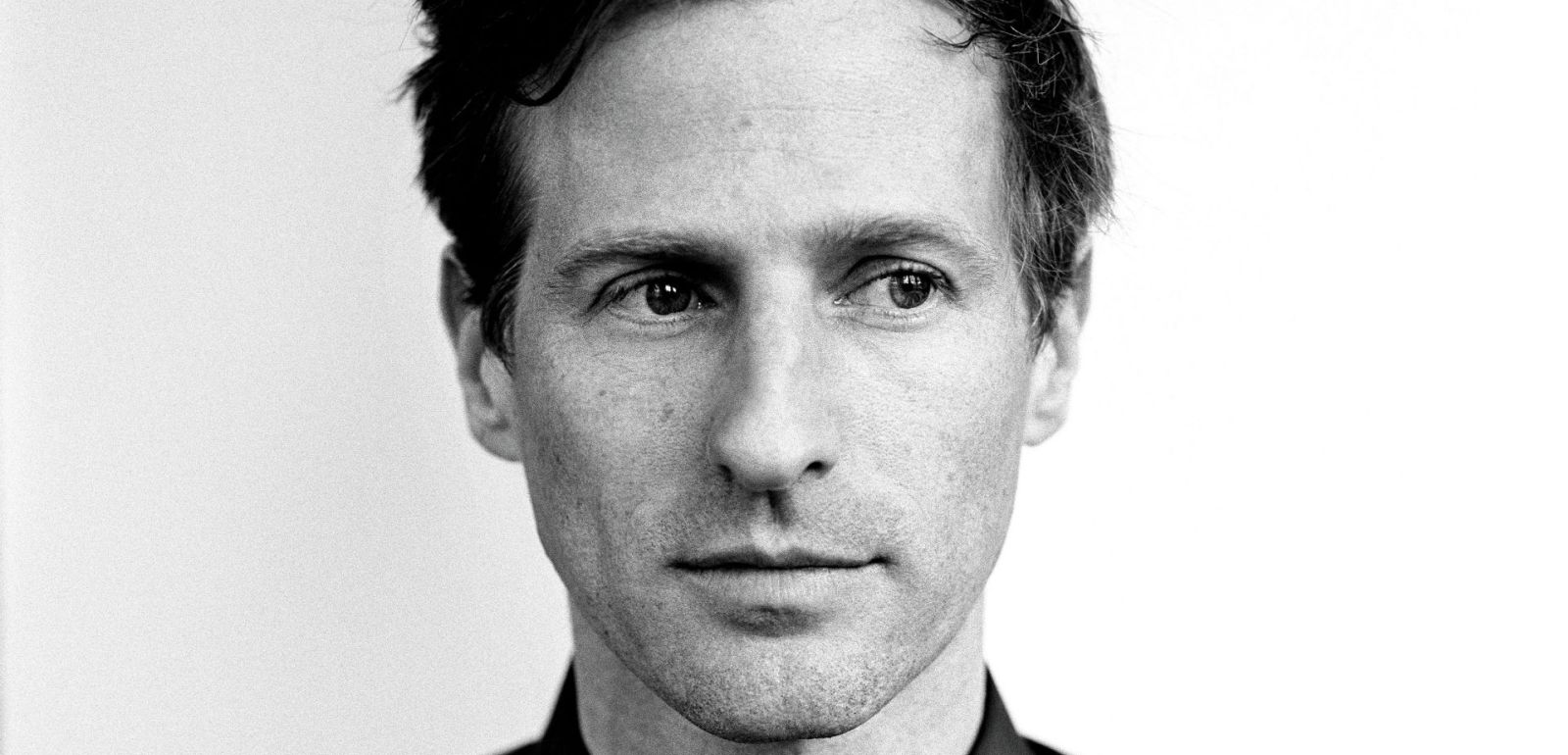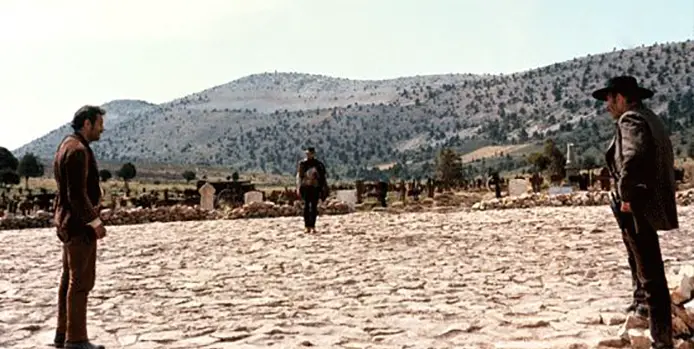music
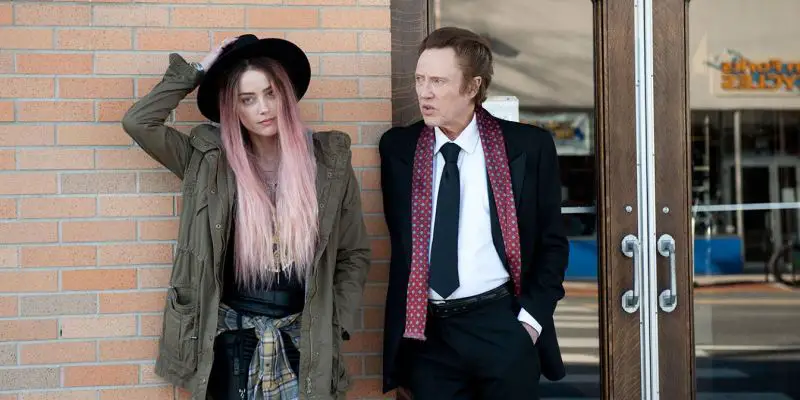
A subtle yet intriguing glimpse at family built on celebrity, One More Time spins a much darker story into a lighthearted drama. Indie earmarks set the tone of the film, as the dialogue-driven character study deftly navigates each family member’s individual flaws while also allowing for a lasting bond with the audience. Pepper in the oddball charm of its male star alongside a borderline Gen X female protagonist, and the foundation is set for a well-crafted, yet easy-on-the-emotions watch.
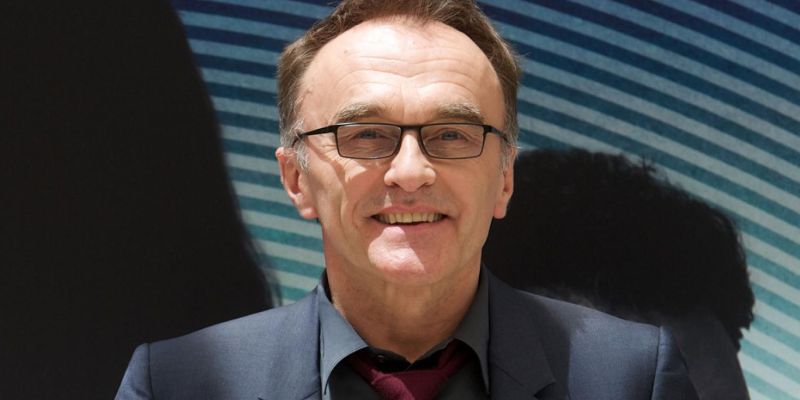
Since breaking out with Trainspotting 20 years ago, director Danny Boyle has proven himself to be one of the UK’s most diverse filmmakers. Growing up in Greater Manchester, UK, in a working class Irish Catholic family, Boyle spent eight years as a choir boy and intended to join the Priesthood, deciding against it at the age of 14. He went on to study English and Drama at Bangor University and began his career in theater in the 1980’s.

It’s not often that you can say that someone is one of your favourite directors, but for a long time you didn’t even know their name or recognise that all the films you liked were theirs. Jeanie Finlay is a special case though, the documentarian who pushes you hard to look at the subject and never at themselves. Through her good working relationship with the BBC I and many of you in the UK have been watching her films without ever actually joining the dots and seeing that Finlay was the filmmaker behind them all.
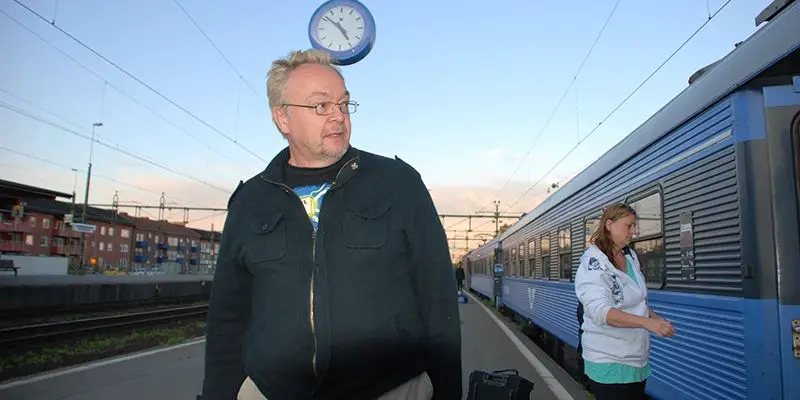
Between fronting various rock bands, starring in ’80s B-Movies and baring it all for dinner guests in the Aloha state, Jon Mikl Thor has been existing on the fringes of American pop culture going on 5 decades now. The subject of the new documentary I Am Thor, my review of which you can read here, he is poised to come roaring back onto the heavy metal scene and beyond. Jon was gracious enough to take the time to speak with me about the documentary, his career, and all that lays ahead.

Documentary filmmaking is an interesting thing: while an actor in a fiction film can (though certainly doesn’t necessarily) excise their own personal ego and inhabit a role entirely separate from themselves, the documentary subject does not have this luxury. In fact, for the subject of a documentary to be successful it takes precisely the opposite skill; to be fully present in oneself, perpetuating the most “you” version of you possible.
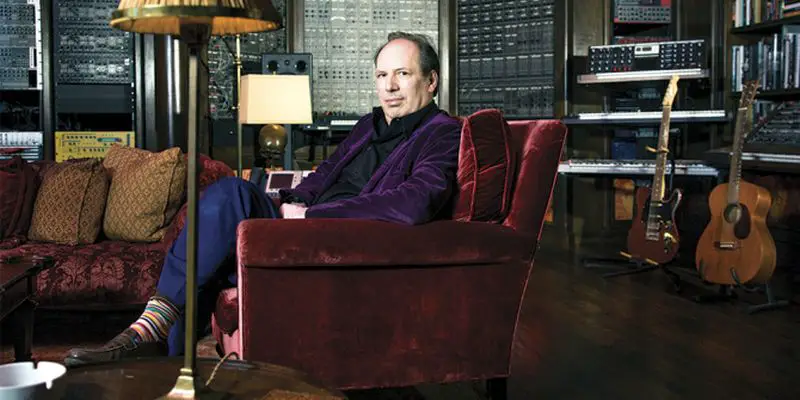
Composers are an underrated yet invaluable aspect to the world of cinema. They have the ability and duty to evoke various emotions in the audience, causing excitement, nerves, tears and goosebumps, sometimes all at once. It takes great skill to match the images on the screen to a suitable audio, and one man is notoriously known for his breathtaking soundtracks that complement filmmakers’ work and enhance the cinematic experience.

One of the hardest things to decide when reviewing a film is if the intentions behind the production feel genuine. One aspect that always arises during the Oscar/Award periods is actors doing roles or movies being made purely for “Oscar bait”. The idea of making a movie purely for the sake of gaining awards attention is somewhat cynical, but the transparency of movie production nowadays makes this something that sadly may have some truth behind it.
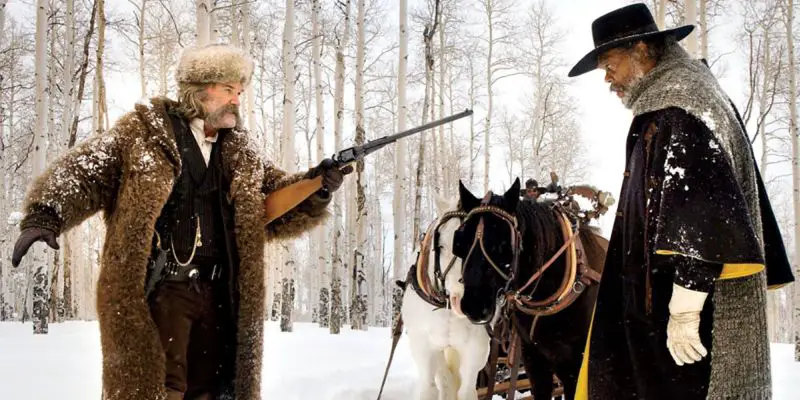
Closely approaching Quentin Tarantino’s new film The Hateful Eight arises expectations not only because of the name he has created for himself, but also because we are aware of the repeating pattern of collaborators in his films. But this piece is not about the cast of the film nor about Tarantino’s specific style. It is about the collaborators behind the scene, specifically on his first time collaboration with Ennio Morricone as a composer of the film’s original soundtrack.
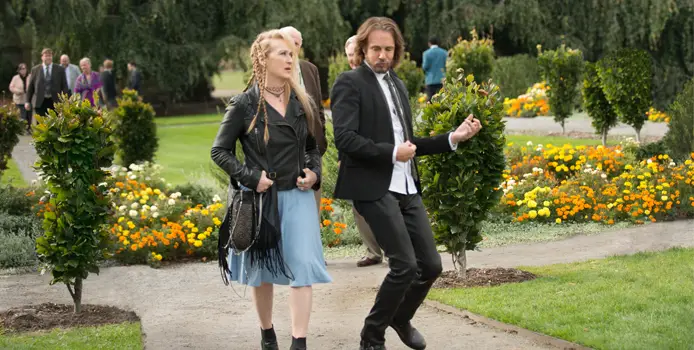
To put it bluntly, Ricki and the Flash is a film which feels unfinished. It’s not a poorly made film, everyone involved seems to be at least putting in some effort, it’s just that between the script and overall editing, large chunks of the film seem to be missing and the film feels like it doesn’t deliver a full story. This is quite surprising, as the cast and crew behind the film are quite talented.
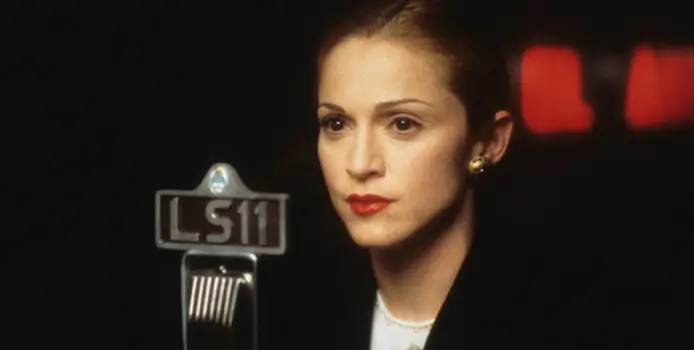
Madonna is (was, depends on who you ask) at one point considered one of the biggest pop stars in the world, so it came as no surprise when she decided to try her hand at acting. I’m no person to criticize another person’s acting ability (particularly when I have crippling stage fright), but I’m just perplexed about how her films were critical and commercial disasters. If she was one of the biggest pop stars of her time, why didn’t her film career match that same success?

Asif Kapadia isn’t the documentary filmmaker of our times, but he is one of the most timely. In the digital age where all information is online, he manages to make movies comprised almost entirely of footage that can be found on YouTube and somehow turn them into major events in documentary cinema. Since his (ever so slightly overrated) 2011 effort Senna, his style as a documentarian has stubbornly refused to change, yet the way he manipulates archive footage to create something new and horrifying is unparalleled, even if it frequently favours emotional manipulation over creating a deeper look at the self-destructive life of subject Amy Winehouse.
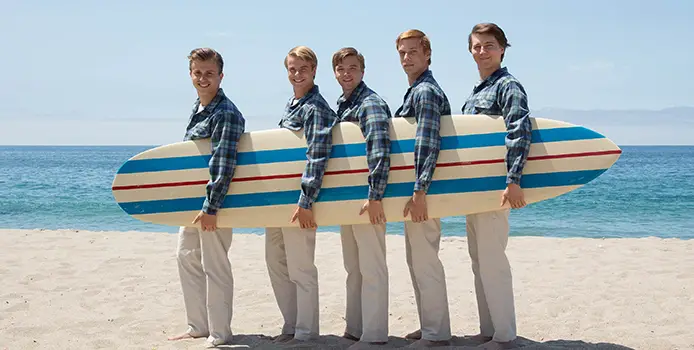
Ever since the glory days of silent cinema, Hollywood has been criticised of running out of ideas. This is why the biopic is the perfect genre for screenwriters and directors. A typical life doesn’t neatly fit into a simple three-act structure, but by highlighting an individual’s greatest successes, and framing them in a way that makes everything else inconsequential by comparison, you can turn something as uninteresting as somebody’s life into a thrilling drama.


